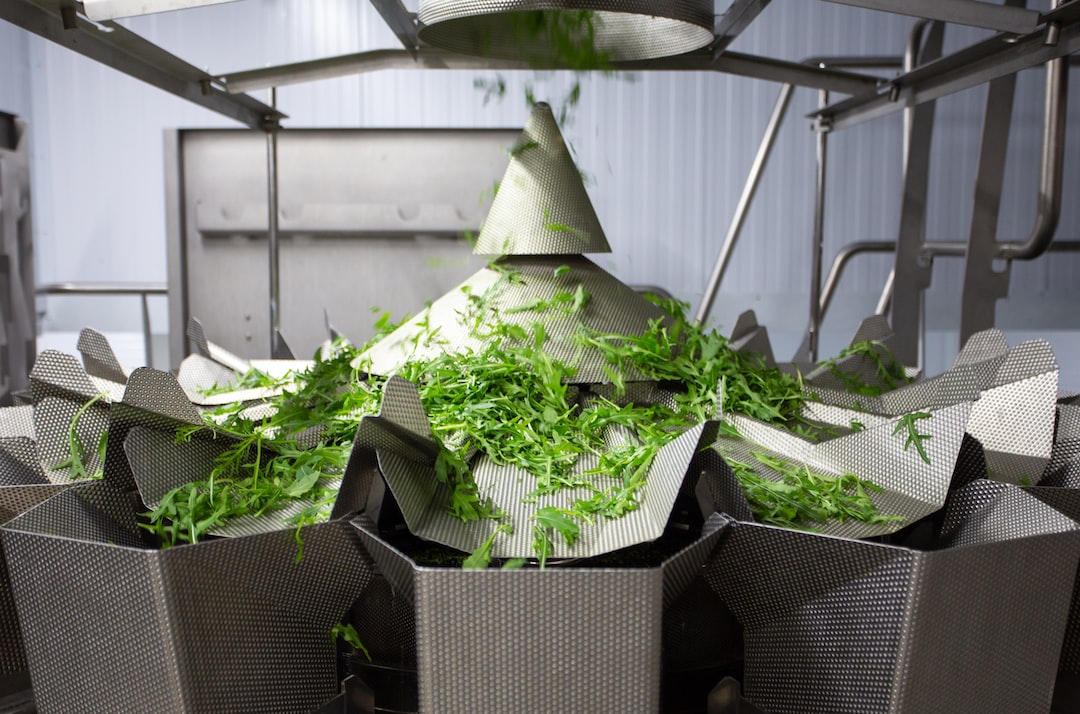The Adoption of Agile Manufacturing in Response to Changing Consumer Demands
In today’s fast-paced world, where technology is advancing at an unprecedented rate and consumer demands are constantly evolving, businesses must adapt to stay relevant and competitive. One such adaptation is the adoption of Agile Manufacturing, a production approach that allows companies to quickly respond to changing customer needs and market demands. This blog post aims to explore the concept of Agile Manufacturing and the reasons behind its increasing popularity among companies worldwide.
Agile Manufacturing can be defined as a flexible production system that enables companies to produce a wide variety of products in small quantities, as per the specific requirements of their customers. Unlike traditional manufacturing approaches that focus on mass production, Agile Manufacturing emphasizes responsiveness, speed, and customization. It allows businesses to swiftly change their production processes in order to meet the demand for personalized and unique products.
The main driver behind the adoption of Agile Manufacturing is the ever-changing consumer demands. Consumers today have become more informed, discerning, and demanding. They seek customized products that cater to their individual preferences, rather than being satisfied with mass-produced items. This shift in consumer behavior has pushed many companies to embrace Agile Manufacturing in order to remain competitive and meet the evolving demands of their customers.
Moreover, globalization has contributed to the need for Agile Manufacturing. With the rise of e-commerce and the ability to shop from around the world, consumers now have access to a plethora of options. This increased availability of choices has put pressure on companies to differentiate themselves by offering unique and personalized products. By adopting Agile Manufacturing, businesses are able to create customized products quickly and efficiently, enabling them to stand out in a saturated market.
Another factor contributing to the adoption of Agile Manufacturing is the relentless pace of technological advancements. Advancements in technology have revolutionized the manufacturing landscape, making it easier and more cost-effective for companies to adopt agile practices. Automation, robotics, and data analytics have enabled companies to automate repetitive manufacturing tasks, optimize production processes, and gather real-time customer insights. These technological advancements have made Agile Manufacturing not only a viable option, but also a necessary one for companies looking to survive and thrive in the digital era.
The benefits of Agile Manufacturing go beyond meeting changing consumer demands. Adopting Agile Manufacturing practices allows companies to reduce inventory costs, minimize waste, and optimize resource allocation. By producing in small batches, businesses can avoid excess inventory and reduce the risk of obsolescence. Additionally, Agile Manufacturing enables companies to respond quickly to market fluctuations and customer feedback, reducing the time-to-market for new products and ensuring a higher customer satisfaction level.
However, the transition to Agile Manufacturing is not without its challenges. It requires a significant mindset shift and a reorganization of traditional manufacturing practices. Companies must invest in training their employees to adapt to the new production approach, and they may need to redesign their supply chains to support the flexibility and responsiveness required by Agile Manufacturing. Additionally, the integration of technology and data analytics into the manufacturing process may pose implementation challenges for some businesses. It is crucial for companies to carefully plan and strategize their adoption of Agile Manufacturing to ensure a smooth transition.
In conclusion, the adoption of Agile Manufacturing is a response to the changing consumer demands and the need for businesses to remain competitive in a rapidly evolving market. This production approach provides companies with the flexibility, responsiveness, and customization capabilities required to meet the unique preferences of today’s consumers. By embracing Agile Manufacturing, businesses can not only meet changing consumer demands but also improve operational efficiency, reduce costs, and enhance customer satisfaction. With the right mindset, infrastructure, and implementation strategies, companies can successfully navigate the challenges and reap the benefits of Agile Manufacturing in the era of evolving consumer demands.

